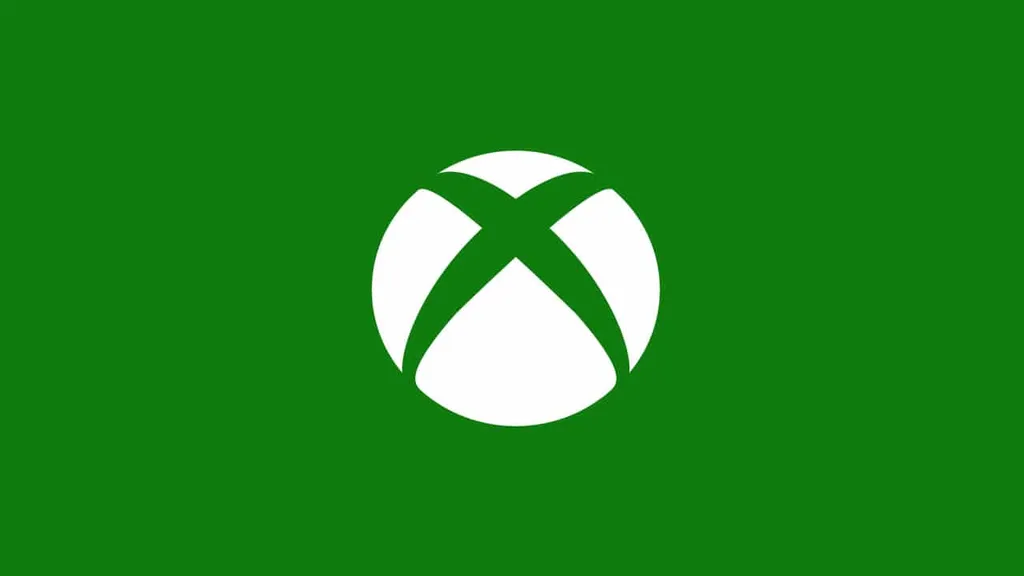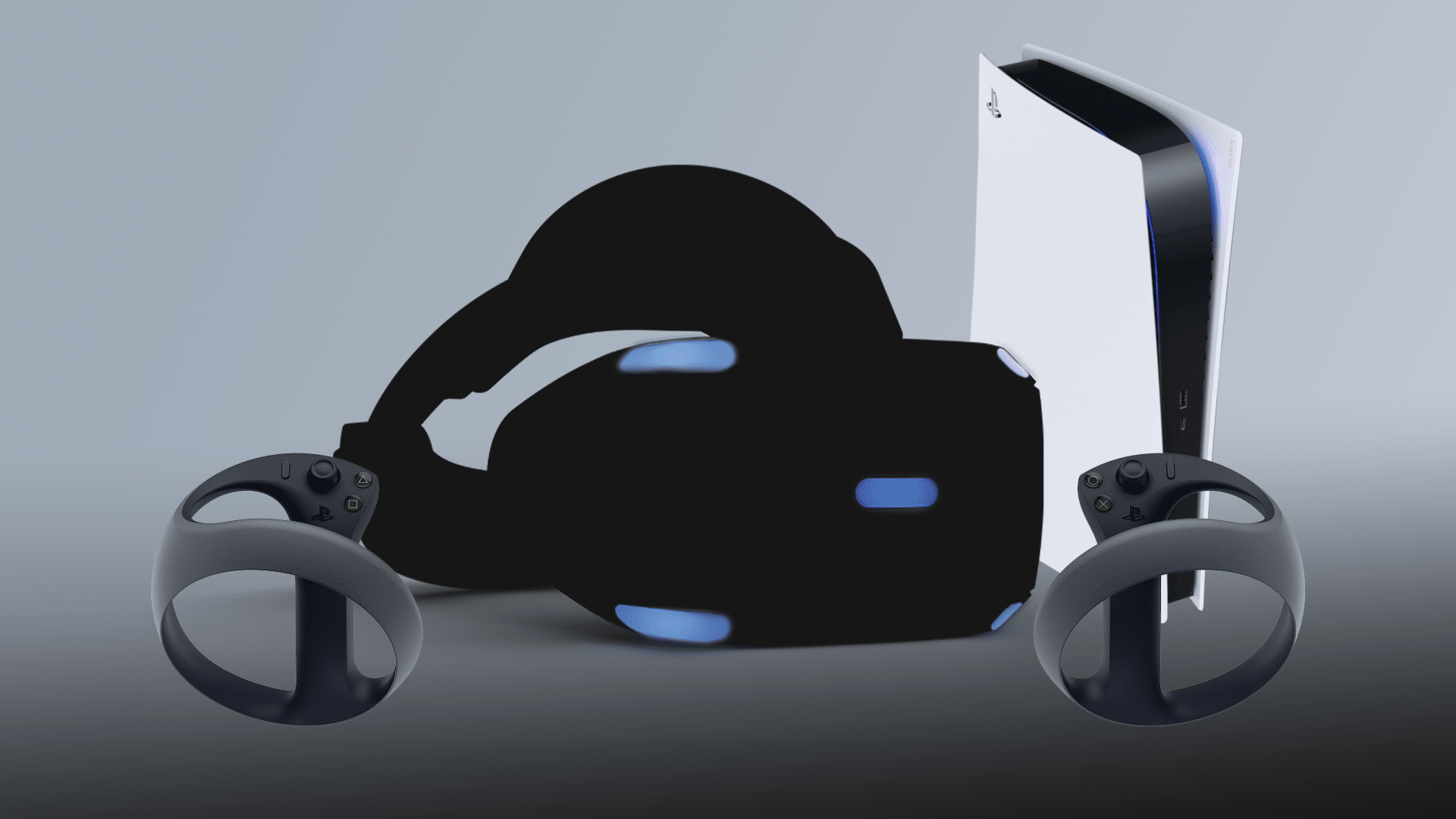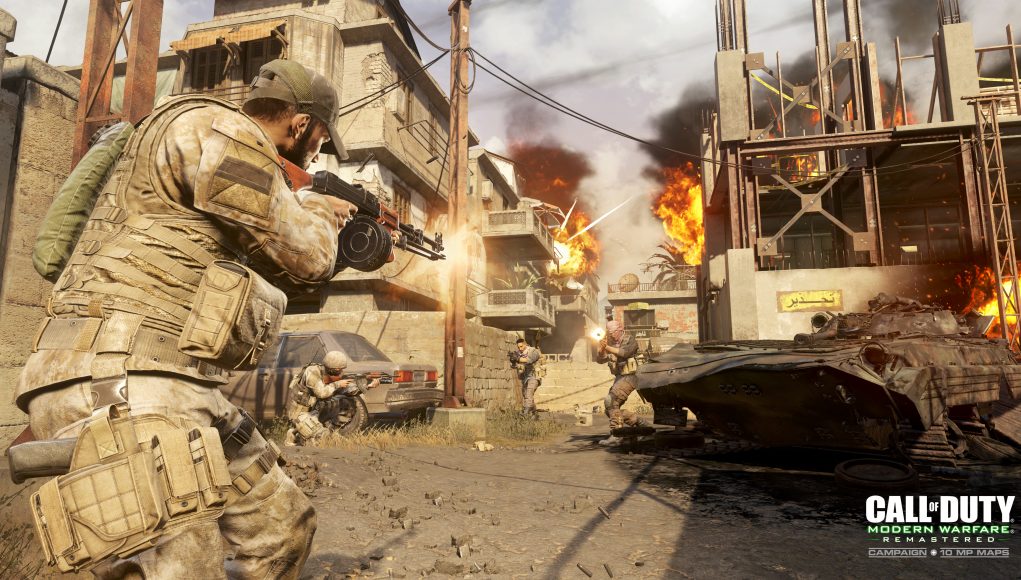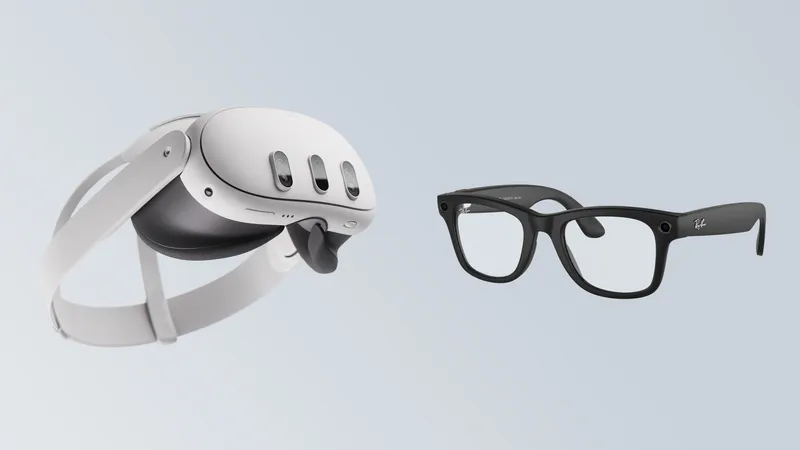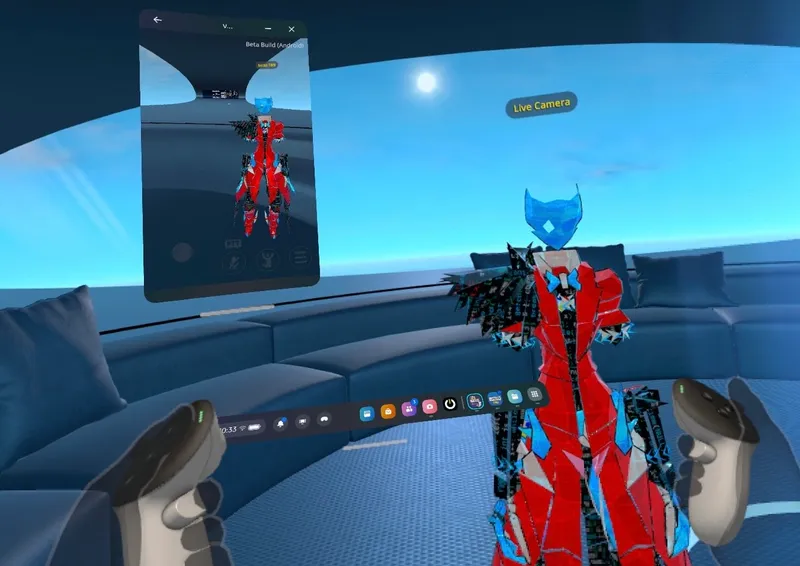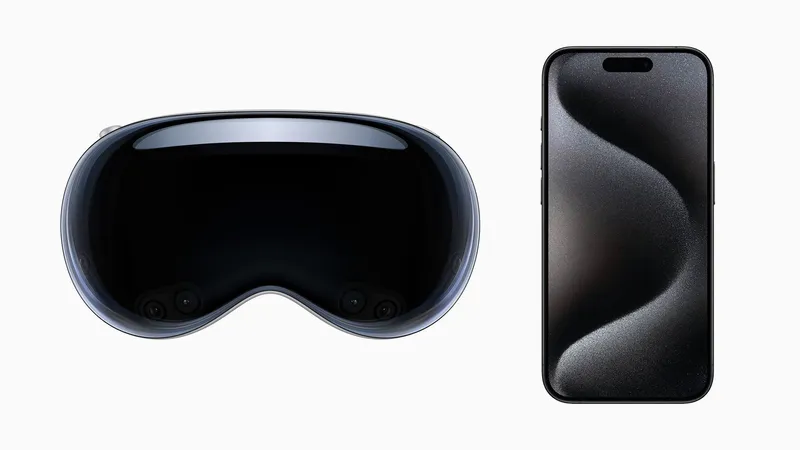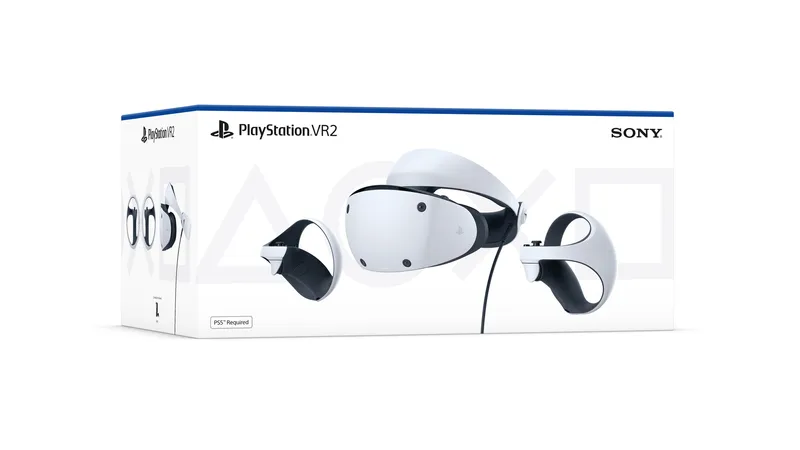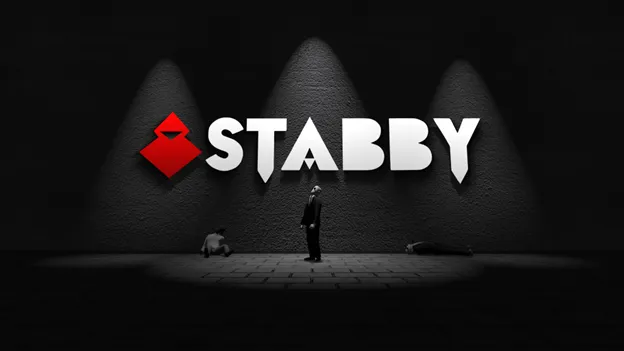Still rubbing your eyes? Us too, but we’re pretty sure we’re not dreaming – Microsoft really is buying Activision Blizzard.
Or at least the Xbox-maker certainly intends to. That much was made official this week, with the caveat that the deal — as with any multi-billion dollar acquisition — could be subject to an antitrust investigation, should the FTC deem it necessary. Reports state Meta itself is currently subject to such scrutiny, though Microsoft previously passed its acquisition of Bethesda (which, in fairness, was reportedly valued at about a tenth of this proposed $68 billion deal).
Those apprehensions aside, the perceived implications of such a deal are nothing short of seismic. Microsoft will have the keys to the Call of Duty franchise and a stable of other legendary series that will add yet more value to its Game Pass platform whilst Sony still appears to be playing catchup with a possible contender for PS5. It’s a move not about which console you buy in the short term so much as which gaming service you subscribe to in the future as cloud streaming technology and other services increasingly detract from the appeal of localized hardware.
So, where does VR fit into all of this?
Well it’s not immediately obvious. Certainly, there are some short-term assumptions we can come to about what franchises we will and won’t be seeing in headsets anytime soon, but there are also wider implications to consider. Before we do that, though, let’s just remind ourselves of where Xbox is at with VR today.
Microsoft’s VR History
Microsoft’s — or, more specifically, the Xbox brand’s — current history with VR could be best described as frustratingly hesitant. Just six years ago the company seemed primed to join Sony, Valve and Meta (then Facebook) in the fight for consumer VR dominance, announcing that its Xbox One X console was capable of “premiere VR experiences”. But an Xbox-made headset nor third-party device support never materialized for the console, and hasn’t yet been announced for its successors, the Series S and X.
Reports claimed Microsoft had shelved plans for a headset and Xbox executives began to state time and again that VR was not a focus for the consoles. Even though Microsoft has its own line of Windows VR headsets made in partnership with others (the most recent of which being the HP Reverb G2) and the fact that we regularly see new VR innovations from the company’s wide-reaching research efforts, there’s been no signs of that position changing for Xbox itself anytime soon. That’s even as Sony prepares to launch a PSVR 2 for its competing PS5 console.
Xbox Holds The Keys To VR’s Most Requested Games
This week’s acquisition announcement might have been Xbox’s biggest yet, but it also only adds to an already significant list of gaming series that could help define a new era for VR. From its own studios there’s Halo and Forza, from Bethesda there’s Elder Scrolls and Doom (both of which have already had passing visits to headsets), and now there’s Call of Duty and World of Warcraft among many, many others.
These aren’t just popular games – they’re legacy brands that have paved the way forward for their respective genres that could one day be hallmark VR releases. Who hasn’t wanted to see Halo VR (not counting the bad one) or a new, native Elder Scrolls game? Would there be any better indicator that the technology had achieved mainstream status than seeing a Call of Duty VR game?
In the near term at least, it seems like we’ll be waiting a little longer for these games. Unless Microsoft is planning to reveal its own VR contender for its latest Xbox consoles in the next year or two, it won’t make much sense for the company to greenlight multimillion-dollar VR projects it won’t release on its own platforms. That is of course unless there are any more contractual obligations in play – both Bethesda’s Doom 3 VR and inXile’s Frostpoint were released post-Microsoft acquisition.
Sony’s VR Strategy Becomes Increasingly Important
Dialing down on the core rivalry between Sony and Microsoft’s gaming divisions, this week’s announcement strikes a grave blow to the former company. Sony’s PS5 seems to have outpaced Xbox Series sales thus far and that’s not likely to change within the next few years but, looking beyond this console cycle, Sony now faces serious questions about how it competes in an industry with an increasingly dominant rival that has cash reserves it can’t measure up to. One answer might lie in its work with VR.
Sony’s excursions into VR and Microsoft’s focus on services are obviously very different approaches but, strategically speaking, they’re both long-term gambles that stand to pay off in the future. Just as Microsoft is focused on a time in which Xbox is an app installed onto TV sets, Sony knows that there’s a future for VR technology beyond plugging it into a console to play the latest games.
And that’s what makes its work today so critical. Sony learned a lot with PSVR, went away and improved upon it. It will, undoubtedly, learn a lot with PSVR 2, too. Its studios will continue to flesh out best practices for VR development, and its R&D teams will continue to look at the way players interact with PSVR 2’s inside-out tracking, eye-tracking and other features and continue to refine the experience. Xbox, meanwhile, isn’t able to benefit from the same pool of user data and experience (though it will have taken its own learnings from the Windows MR line, no doubt).
That may be key to PlayStation staying ahead of Microsoft as the industry continues to grow into something much more significant. It seems like a far-flung future right now but, going forward, VR could be one of the key ways Sony is able to diversify and form a significant new pillar with the headstart Microsoft has afforded it.
But Microsoft Can Flip The Switch Anytime It Wants
The real question is how long that headstart will be. Microsoft could flip the switch on VR essentially whenever it wants: it now owns multiple studios that have dabbled with VR content, including Ninja Theory, inXile Entertainment and Escalation Studios (now known as Bethesda Dallas) and has a suite of other partners that have brought games like Skyrim, Doom, Wolfenstein and many more to VR. Then it’s got its work with Windows MR, which allowed it to dip its toes into the pool of VR ecosystems, even if anyone that bought one of the headsets had to turn to SteamVR to play most games.
It feels as if Microsoft is more than capable of launching a competent and compelling VR ecosystem pretty much whenever it sees fit. And such a device will enter the company not just into a new era of rivalry with Sony but also Meta and — very likely — Apple. those are two companies the wider Microsoft is already battling on several fronts.
A Microsoft Metaverse
Many will have flinched when Microsoft made mention of the metaverse in its press blasts this week and, while it’s easy to see why you’d have that initial reaction, you might want to ask yourself this: how could buying Call of Duty, the biggest online shooter going, possibly ever effect the eventual realization of an always-online virtual platform where people can work, socialize and, most pressingly, play?
If the metaverse does indeed become the next widely-used manifestation of online productivity and leisure, then Call of Duty is on a collision course straight towards it. In fact, the entire gaming industry is on that course in some capacity, even if it doesn’t really know it yet. There’s no other talent pool out there as well-equipped to handle the stresses the concept of the metaverse imply. And now Microsoft occupies a significant chunk of that pool, not to mention much of the software that could prove foundational for the future.
So, in the near-term? Microsoft’s latest acquisition won’t mean much for VR. We probably won’t see Overwatch VR, Call of Duty VR or World of Warcraft VR in the near future but, in all honesty, that wasn’t likely to happen anyway. It’s the longer game that really has us wondering – the growth of both an incredible gaming service and an ever-expanding team of digital computing experts under its wing. It has a lot of ground to catch up in the VR industry, but these tools could be what Microsoft needs to leapfrog its competitors later down the line.

